The thing about soda is, everyone knows it’s unhealthy. And still, for so many of us, a can of coke is an ultimate comfort drink, a much-needed pick-me-up after a filling lunch, and the number one choice in the summer heat. It seems that, while most of us heard all about the health risks associated with drinking soda, we don’t take the information too close to our hearts.
Maybe the harmful effects of fizzy drinks are exaggerated? We all drink it and are still alive, right? And hey, don’t the doctors overdramatize the whole thing anyway?
It seems not.
Without further ado, let’s see the top 15 very real health risks we expose ourselves to every time we take a can of soda from the fridge:
1. Dehydration

Headache, fatigue, constipation, increased blood pressure, and other seemingly unrelated symptoms can all be a signal of dehydration, which occurs not only because we don’t drink enough water (often the case, though) but also because we go too hard on diuretic foods and drinks. Fizzy sugary drinks (along with alcohol, coffee, pickles, smoked meats, and jarred condiments) top the list of most dehydrating products on our tables.
2. Increased Risk of Cancer
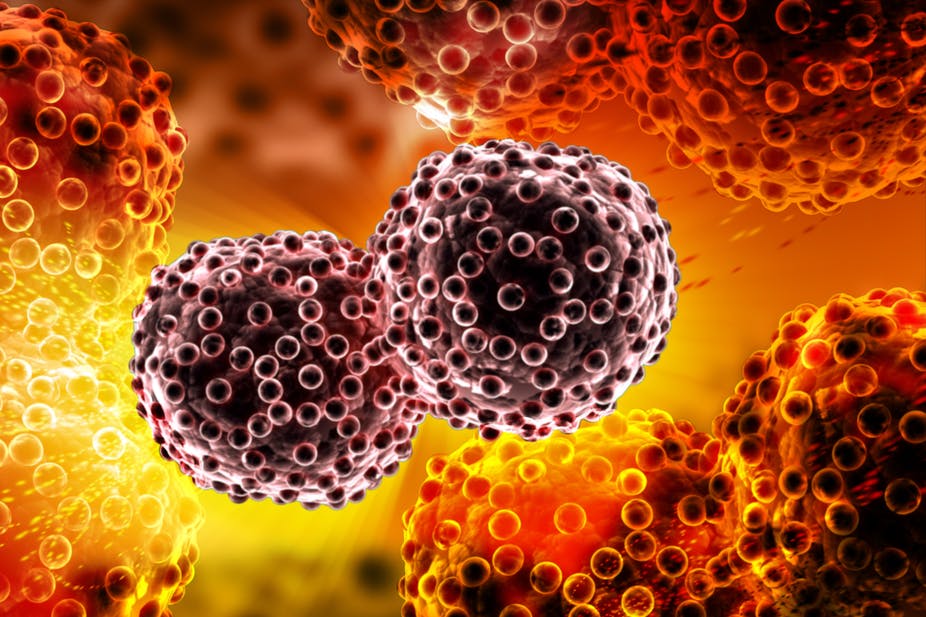
Brown caramel coloring is the most common ingredient in fizzy drinks which can cause cancer, but it's far from the only one. Many preservatives, fake sugars, and complicated chemicals listed on your soda lable are suspected (or already proven) to be cancerogenic. The full list of cancers which avid soda drinkers are at higher risk of includes pancreatic cancer, colorectal cancer, endometrial cancer, thyroid cancer, and leukemia.
3. Weight Gain and Obesity
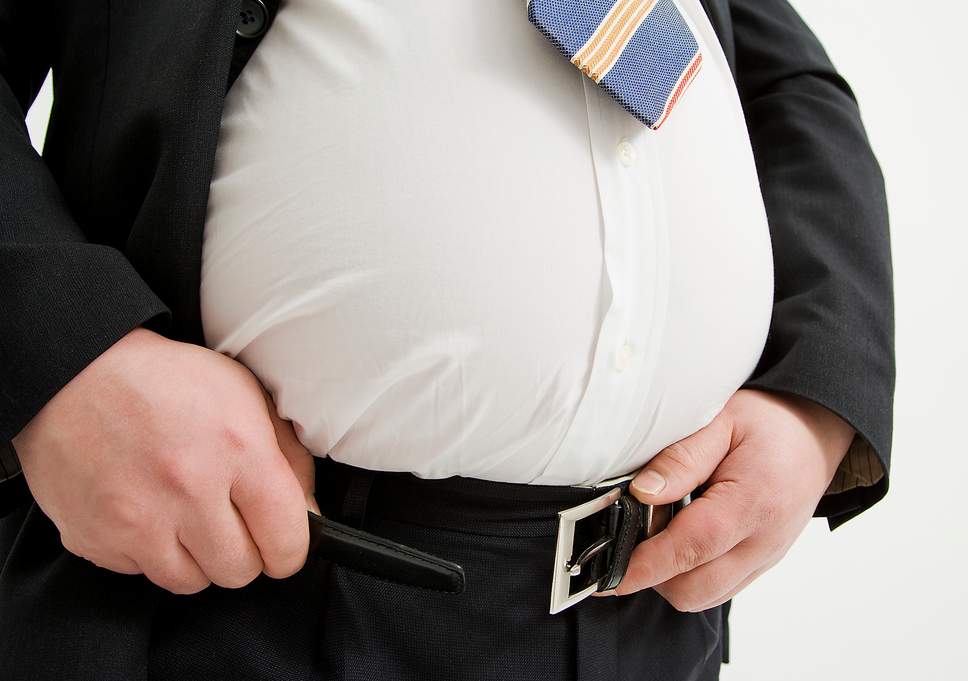
Sugary drinks (juices, sodas and energy drinks) are considered to be a major contributor to the obesity epidemic in the developed countries. A single serving of soda can contain upward of 200 calories — same as a meal! Unlike a meal, though, it doesn’t make you feel full even for a short time, so you don’t compensate by eating less. Regular sugary drink consumption puts you at high risk of obesity, which is not only an aesthetic problem but also a potential contributor to further health issues, including heart disease and type 2 diabetes.
4. Increased Risk of NAFLD
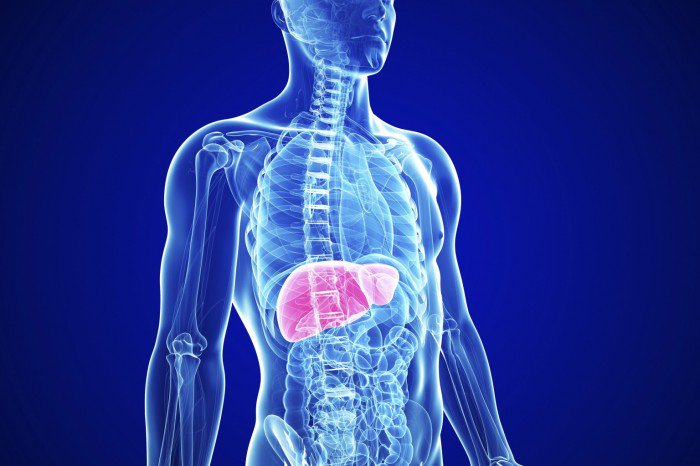
All the coloring and flavors contained in drinks are broken down in our liver — giving a lot of work for an organ that also deals with the metabolization of added sugars. When overloaded, your liver turns the extra sugar into fat and puts you at risk of NAFLD, or nonalcoholic fatty liver disease. It’s s a health issue affecting 20%-30% of the adult population worldwide, and there’s a proven association between high intake of sugar-sweetened drinks and the risk of developing NAFLD.
5. Changes in Metabolism
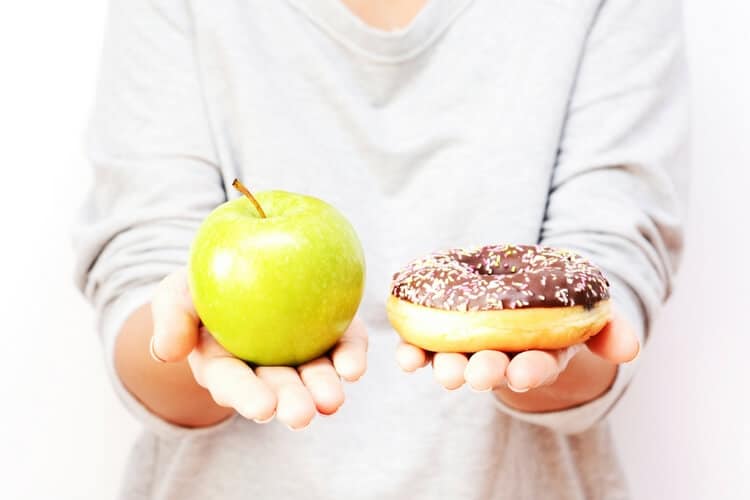
Fizzy drinks high in sugar and artificial sweeteners provoke changes in the intestinal microflora as well as make it more difficult for your body to define whether you’re sated. As a result, not only do you become more likely to overeat, but your body will also struggle to digest all that food and convert it into energy due to the imbalance in gut flora. And all that doesn’t become energy, becomes fat cells!
6. Higher Heart Disease Risk

Excessive sugar intake has long been linked to the increased risk of heart disease. Soda contains an incredible amount of sugar and caffeine, both of which raise blood pressure and stimulate the nervous system, giving your heart a challenge right away. In the long run, the love for sodas can contribute to various heart disease risk factors including high blood sugar, and high “bad” cholesterol. A correlation between sugary beverages consumption and heart disease is so strong that you might want to avoid soda altogether if you’re prone to heart issues.
7. Cavities
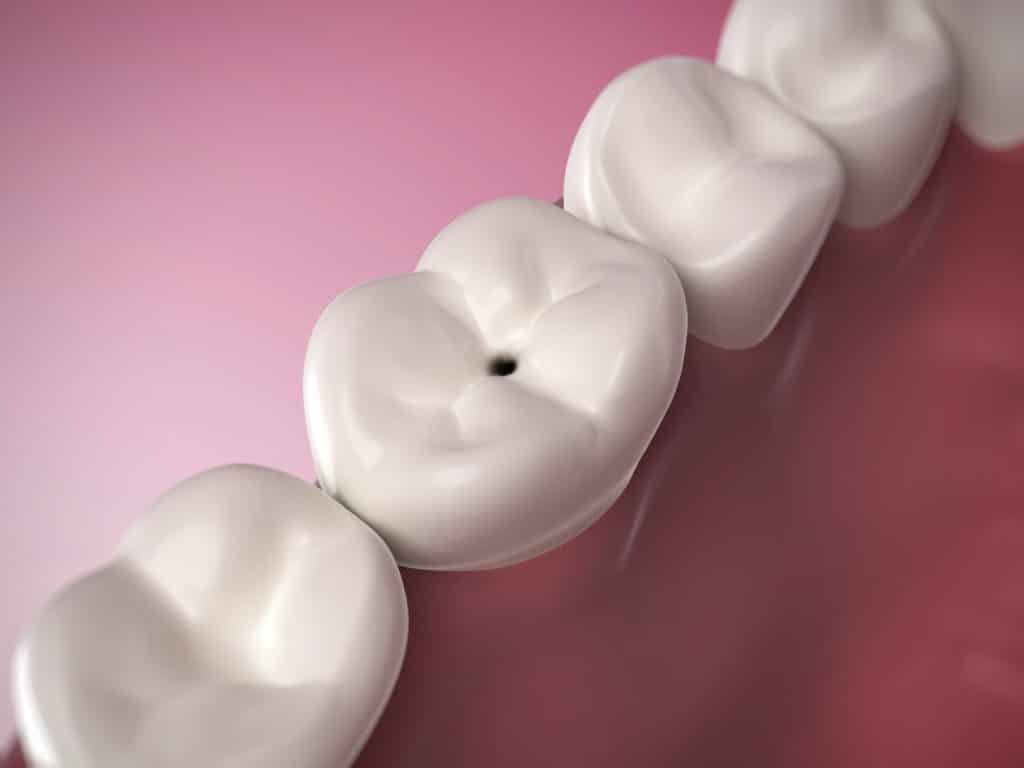
The main cause of cavities is, of course, the sugar itself (as well as most of the artificial sweeteners contained in the “diet” sodas), but it’s the acid contained in carbonated drinks that damages the tooth enamel and makes it vulnerable to the cavity-causing bacteria that thrive in sugar.
8. Dental Enamel Damage
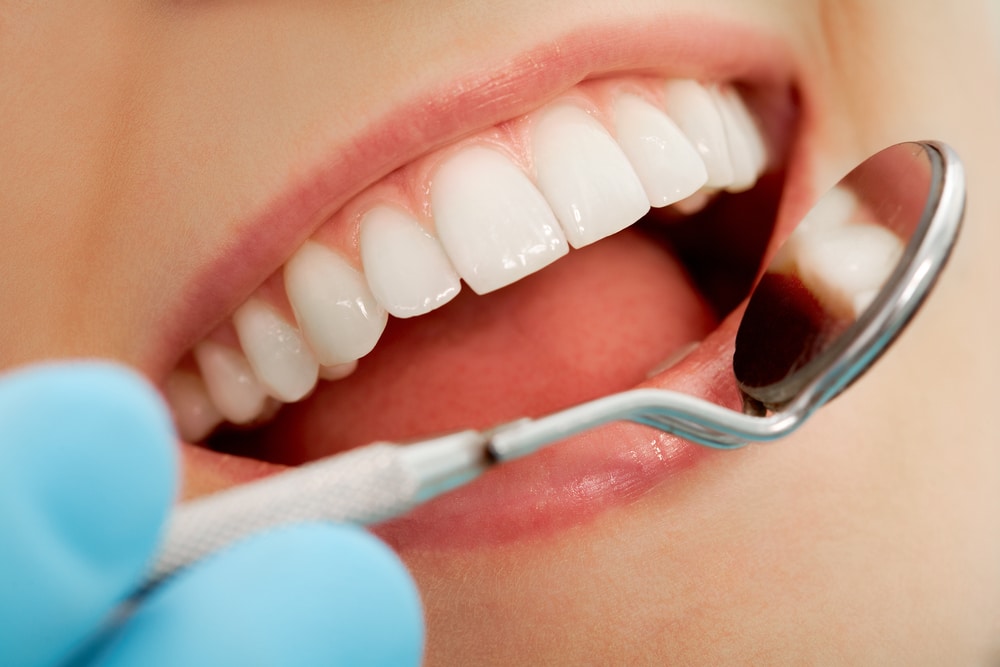
More often than not, fizzy drinks have a color in accordance with the product that is supposedly present in the drink. The acid leading to diseases of the teeth and gums is phosphoric acid, which is used to preserve that color. The funny thing is, there are also some transparent drinks which, logically, should be harmless — but they are not: phosphoric acid is also used to keep them transparent.
9. Depleted Bone Mineral Levels
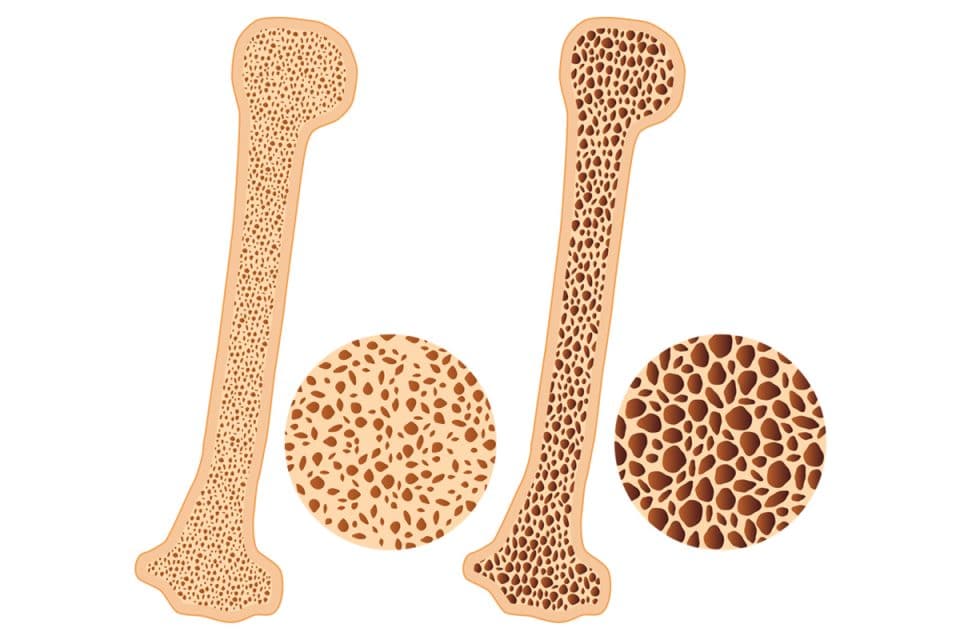
Another effect of the caffeine and phosphoric acid combo present in most fizzy drinks is that it prevents the absorption of calcium, causing a significant decrease in bone density in the long run. If you don't want to put yourself at risk of developing osteoporosis later in life, make sure to keep indulging in soda one your very occasional habits!
10. Increased Risk of Diabetes
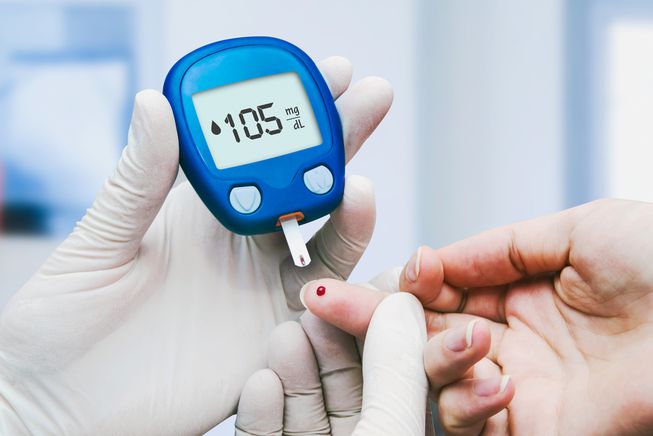
Cancerogenic colorings and preservatives are all a potential hazard — but the main and most immediate problem with sodas is simply how high they are in calories. The link between excessive consumption of easily digestible carbohydrates (a.k.a. sugars) and the risk of type two diabetes had long been confirmed, and a 330 ml can of cola contains 35 grams of sugar — that’s nine teaspoons! A grown man’s full daily norm right there.
11. Leptin Resistance
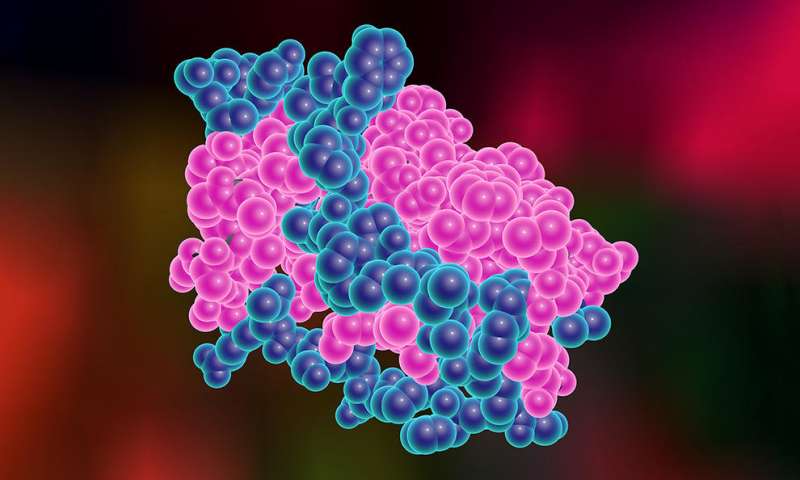
Leptin is the “satiety hormone”, responsible for controlling that you don’t eat too much, or too little. When leptin levels rise, your appetite decreases, and at the same time your organs receive a message that there’s now enough energy to perform energy-expensive processes. Excessive sugar can negatively affect your brain’s sensitivity to leptin — which means, even when you’ve just eaten and there’s lots of leptin in your bloodstream, you won’t feel full and will have the urge to eat more.
12. Addiction

Soda is probably the most common, easily accessible (and socially acceptable) drug of the 21st century. The caffeine and sugar punch stimulates the nervous system and increases dopamine production, stimulating the pleasure centers of your brain, but after some 40-45 minutes the effect wears off, which makes you want to drink more — and frequent intake causes general addiction, physical and mental.
13. Increased Risk of Gout
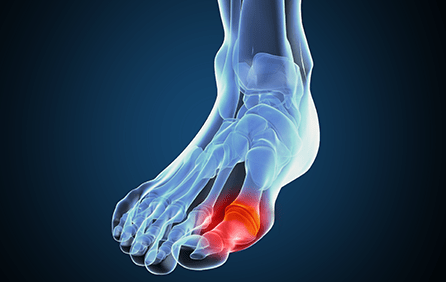
People who frequently drink soda have a considerably higher risk of gout — a condition affecting the joints and causing inflammation and pain in big toes. What causes this? When there are high levels of uric acid present in the blood, it can crystallize and form gout. And guess what’s the main cause for increased uric acid levels? It’s the easily digestible carbohydrates, including all the liquid sugar in our beverages.
14. Belly Fat Accumulation

High sugar intake is associated with accumulation of visceral fat, or belly fat — easily the most dangerous type of fat. It accumulates around your belly and internal organs and is linked to metabolic disease, type two diabetes, and heart disease.
15. Increased Risk of Dementia

People who frequently down fizzy drinks appear to have an increased risk of developing some form of dementia later in life. Again, it's all down to the sweeteners which cause spikes in blood sugar, affecting your memory and decision-making right away as well as contributing to your longer-term risk of decline in brain function.

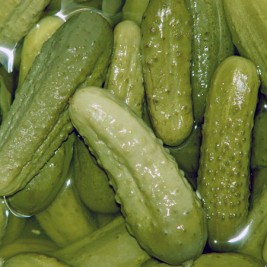

Comments